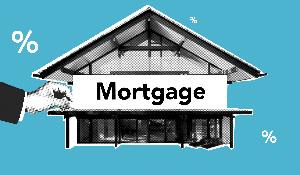
Its Budget 2022 raises thresholds for state assistance for would be home-owners.
This comes in changes to the system of First Home Grants and First Home Loans.
The housing minister Megan Woods said the Government was increasing the house price caps for the First Home Grant to align with market values for new and existing properties.
These would go up from $700,000 to $875,000 in Auckland and from $650,000 to $925,000 in Queenstown lakes, with similar or lesser changes in other centres.
“We are also removing house price caps entirely from the First Home Loan, to provide a greater choice of homes for prospective first home buyers,” she said.
There will be funding available for approximately 7,000 extra First Home Grants and 2,500 extra First Home Loans available every year.
Woods added the house price and income caps would be reviewed every six months to make sure they stay up to date.
In addition, the Kāinga Whenua Loan cap would be increased from $200,000 to $500,000 to provide more choice and opportunities for people building, relocating, or purchasing a home on Māori land.
The changes to the First Home Grant take effect from today, 19 May. 22
The changes to the First Home Loan and Kāinga Whenua Loan rules take effect from 1 June.
In addition, the new Affordable Housing Fund will provide $350 to leverage partnerships with investors, philanthropic organisations, developers, and others to expand the range of housing options for people whose needs are not currently being met by the market.
It will aim to produce affordable rental housing.
The housing moves came on top of a series of measures to ease hardship at a time of fast rising prices.
They include an extension of the transport fuel excise duty and RUC price cuts for a further two months. This will cost $235 million.
Half price public transport fares will be extended for the same period, at a cost of $132 million. Holders of a community services card will get this indefinitely.
There will also be a cost of living payment to approximately 2.1 million low and middle income New Zealanders of $27 a week for three months. This is estimated to be half the level of the winter energy payment and will cost $814 million.
The budget also takes aim at supermarkets, stopping them from land banking potential sites for rivals and then blocking them with restrictive covenants.
There is also an $11.1 billion dollar increase in funding for the health system over four years, some of which is connected with the replacement of the DHBs with a centralised administration.
The Government is forecasting a return to surplus in 2024-25, economic growth to reach 4.2% next year and unemployment to drop to 3%.
Credit - EE Mortgages for this image



